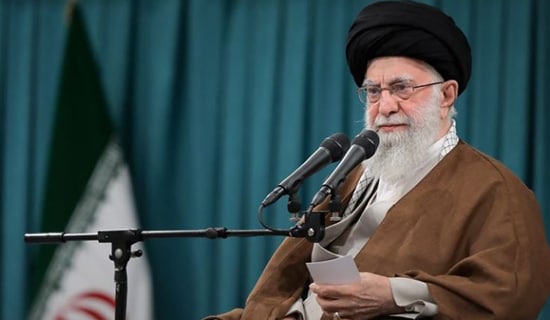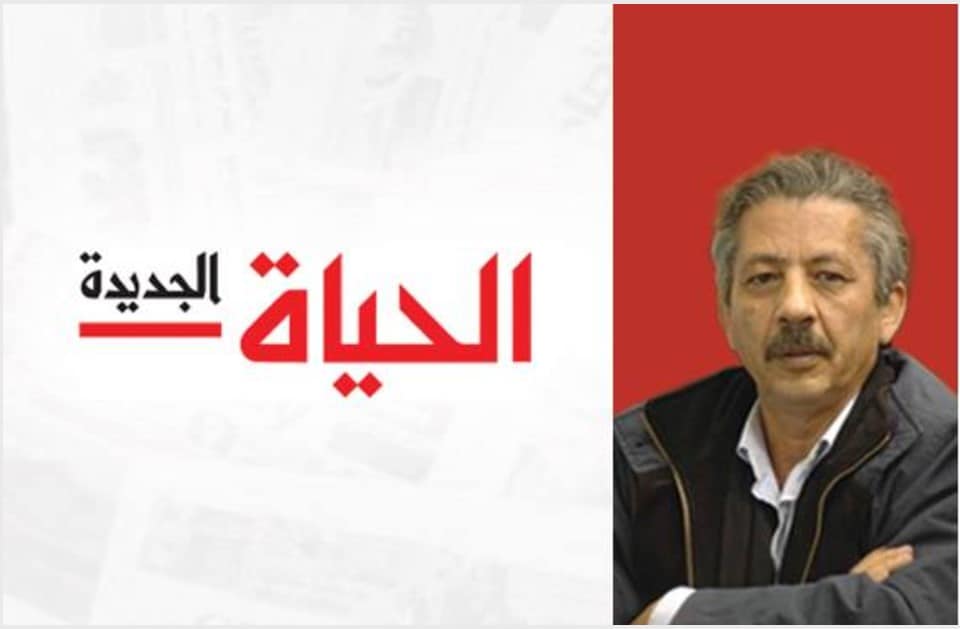On October 23, 2007, Syrian President Bashar Al-Assad issued a decree granting Syrian identity cards to Druze Syrian nationals residing in the Golan Heights. [1]
In the wake of this move, Kurdish human rights activist Muhyi Al-Din 'Iso posted an article on an oppositionist Syrian website calling for Assad to take a similar step vis-à-vis the denaturalized Kurds living in Syria. [2]
In response, Hassan Shams, a Druze resident of the Golan Heights, wrote, on another oppositionist Syrian website, to second 'Iso's appeal, asking how a country like Syria, which denies its own Kurdish inhabitants citizenship and freedom, presumes to restore to Golan residents their identity and land.
The following are excerpts from the two articles:
Kurdish Human Rights Activist to Assad: "Restore Kurds' Citizenship Too"
Kurdish human rights activist Muhyi Al-Din 'Iso, who was denied Syrian citizenship, wrote on the website of Damascus Declaration, an umbrella organization of Syrian oppositionist forces: "...This initiative on the part of President Assad is commendable, since the Syrian Golan Heights are part of the Syrian lands, and every patriotic citizen has a duty to defend them...
"However, aren't we, the Syrian Kurds who are denied Syrian citizenship, allowed... to ask the honorable president why, after 45 years of deprivation, he did not also decide to restore the citizenship that has been denied to the Kurds? Doesn't he believe that they belong in their homeland, Syria?
"The Kurds, as the honorable president knows, have never failed their homeland in any way: They have defended its unity and sacrificed thousands of their [sons] in battles for [Syria's] liberation. Are they not entitled to [Syrian] identity, which was taken away from them overnight?...
"The suffering of the Kurds in northern Syria is not less than that of our [fellow Syrians] in the Golan Heights. [The Kurds] are denied the most basic humanitarian, political, cultural, and social rights, along with [other] rights which Allah gave [to all human beings]... They suffer from discrimination in medical treatment; for example, military hospitals and some public hospitals refuse to admit them… Their right to education is impaired on two levels: after they complete their studies, the 'foreigners' [as Kurdish residents whose citizenship was revoked following the 1962 census are called]… are not permitted to work in government jobs or in the [profession] they studied.
"As for the maktumin [i.e. other Kurds born in Syria who are not registered as citizens] - they are even worse off than the 'foreigners.' They are not admitted to universities or seminars [at all]; worse still, they cannot even obtain a matriculation certificate, or work in government jobs.
"Many Kurds with university diplomas are working in restaurants, or as peddlers, construction workers... or porters. In addition to employment difficulties, they are not allowed to own farmland, apartments, etc... They are denied the right to benefit from the agricultural reform law (under which land ownership passed to the farmers). Their lands were given to [non-Kurdish farmers] from other regions.
"[Furthermore, the Kurds were denied the right] to receive [food] ration cards, and to have their wives and children registered under their names. Nor can they register real estate and [other] property in their own name (which amounts to denial of property rights), and they are barred from regular army service (defending their homeland), and from staying overnight at a Syrian hotel without a security permit.
"Honorable President, we applaud your courageous decision to grant citizenship to our compatriots in the occupied Syrian Golan Heights, and implore you to publish a similar decision granting Syrian citizenship to the Kurds in the Al-Hasaka province." [3]
Golan Resident: The Kurds' Tragedy is Many Times Greater Than Ours
In response to Muhyi Al-Din 'Iso's article, Golan resident Hassan Shams wrote on the Syrian oppositionist website Syrian Elector: "My brother Muhyi Al-Din, after reading your article, I decided to transform my tears into words...
"I have the honor of holding an Israeli identity card. It is not a citizenship [certificate], but only an identity card stating my name, and that I am a resident of the Golan Heights... It is not [a regular] identity card... but with all its drawbacks, it still enables me to move from place to place and perform my daily tasks...
"My Kurdish brother, take the [Syrian] identity card [that was granted to me], for your claim to it is greater than mine. My ethics do not allow me to carry a [Syrian] identity card while living in an occupied [land], while you are denied one in your own homeland!!! The problems and tragedies of [our] homeland must be resolved as one package...
"My brother Muhyi Al-Din, both of us have earned the right to our [Syrian] identity - it is not given to us as charity or as a gift. Nevertheless, I am prepared to relinquish it in your favor, since my suffering and your suffering are one... [In fact,] your tragedy is, without a doubt, many times greater than mine. At least we, who are under occupation, are not subject to the [Syrian] Emergency Law and to the Government Security Court. [Moreover,] it was Israel that wished to force citizenship upon us, while it was we who refused. You, on the other hand, were forcibly deprived of your identity in our own homeland!
"My fellow citizen, do not be grieved over the [Syrian] identity card that you are denied, just as I do not rejoice over the identity card that has been restored to me... These kinds of orders - after 40 years of occupation - come mostly to pave way for, or to cover up, a great scandal or some other issue... Nothing in this 'country of corrections' [4] [i.e. Syria] is done [purely] for love of Allah and His servants..." [5]
[1] Al-Thawra (Syria), October 24, 2007.
[2] Following a special November 1962 census in the Al-Hasaka province, where the concentration of Kurds is the largest in Syria, the Syrian authorities stripped some 100,000 of the Kurds living in Al-Hasaka of their Syrian citizenship, claiming that the pre-1920 Ottoman documents contained no record of their families. According to Kurdish sources, the number of denaturalized Kurds living in Syria currently exceeds 200,000. See http://hrw.org/reports/1996/Syria.htm.
[3] Damascus Declaration website (www.damdec.org ), October 24, 2007.
[4] The writer is probably hinting at the "Corrective Movement," the name given to the military faction that took control of the Syrian Ba'th Party in 1970 and brought president Hafez Al-Assad to power.
[5] http://tharwacommunity.typepad.com/syrian_elector/2007/10/post-63.html, October 24, 2007.








